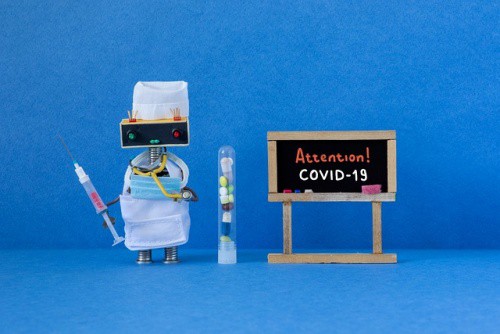Juniper Research predicts that Internet of Things (IoT) platform revenues will reach US$66 billion in 2020, a 20% increase over last year’s figure.
In its latest study entitled “The Internet of Things: Consumer, Industrial & Public Services 2020-2024”, the research firm noted that businesses seeking greater resilience in areas including supply chain and asset management, against external factors such as the disruption caused by the global COVID-19 pandemic, will enable the IoT market to overcome the anticipated widespread economic disruption over 2020 and beyond.
It advises that IoT platform providers will need to adjust development strategies to capitalise on this growth, or risk losing market share to competitors. It pointed out technologies that enable the seamless integration of IoT technologies into existing infrastructure will be crucial to attracting high-value IoT users.
The study highlighted It highlights RSP (Remote SIM Provisioning) as a key technology that will alleviate distribution and implementation disruption during the pandemic. RSP enables IoT devices to be remotely connected to IoT platforms after deployment. This approach is beneficial as it minimises human interactions and reduces the time needed to deploy IoT devices.
Meanwhile, analysts at Forrester Research said that connected solutions are proving their worth in today’s crisis, making them a critical part of the organisation’s near-term technology roadmap.
Sensors connected to IoT help employers monitor the health and well-being of their staff. Furthermore, IoT also monitors the condition of machines and the built environment, giving field service leaders the tools to optimise their use of a diminished workforce.
“Now is the time to accelerate successful pilots and proofs of concept into production, but it may not be the time to start entirely new activity in this area,” Forrester said.
Last month, Forrester Research told FutureIoT that healthcare technologies will be a greater priority among IoT service providers once the disruptions caused by the COVID-19 die down.
“The crisis has triggered a lot of ideas and solutions, however there was simply no time to look at a more strategic approach for both the technologies and the processes. This will be the focus of governments, health care providers, and others, once the acute crisis is behind us,” Achim Granzen, principal analyst at Forrester, had said.
In its latest study, Juniper Research likewise sees that the COVId-19 pandemic will kickstart IoT adoption in the healthcare industry. It points out that he strain on healthcare systems caused by the crisis has brought into focus the potential efficiency benefits that can be gained from remote monitoring in healthcare.
The sector has been historically slow to integrate IoT technologies into its ecosystem, however, the research anticipates that the continuing pandemic will drive the adoption of remote monitoring to minimise public interactions.
“Telemedicine has consistently failed to meet market expectations. However, when it is used in tandem with connected healthcare devices, it has the potential to transform a significant proportion of physical healthcare interactions into remote interactions; relieving pressure on badly stretched healthcare systems,” said research co-author Sam Barker.



